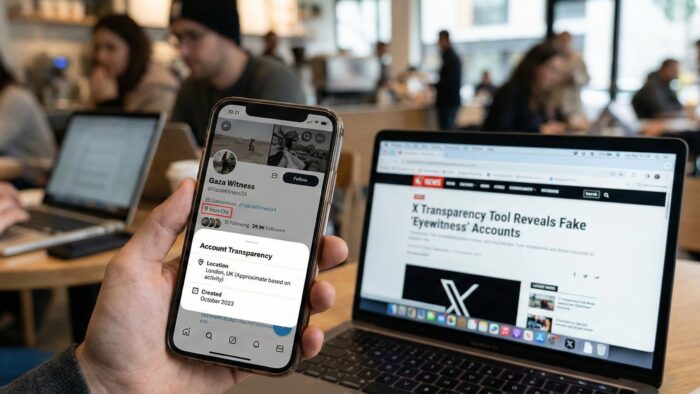Political Violence at a Glance, a US online magazine, has recently published a report examining Russia’s growing influence in Africa. The report argues Russia’s influence is based on the Soviet Union’s anti-imperialist legacy, a patronage-based model of politics and business, and the fused nature of Russian military and non-military activities. According to the report:
July 14, 2022 Western analysts are often preoccupied with concerns about Chinese inroads into the African continent, which have a much larger footprint and consist of visible infrastructure projects and increasingly less concealed attempts to influence politics. Russia by contrast manages to accrue influence more haphazardly by playing to its strength and exploiting Western weaknesses. And while the sustainability of Moscow’s influence can be doubted, at present its efforts are proving effective and can be conducted on the cheap. How is Russia able to exert a growing influence on the African continent? Moscow has actively latched onto the Soviet Union’s legacy of supporting liberation struggles and post-colonial governments, which resonates with many African leaders who, despite having a general suspicion towards external actors, most often perceive neo-colonial influence as explicitly Western. […] Russia’s political power projection in Africa is not run primarily through agents of the state but by Russia’s “shadow state,” a vast network of politico-oligarchic individuals and their networks that intersect with political administrations and security services but often act on their own accord. […] While the notion of Russian mercenaries conjures up images of former Russian paratroopers in polo shirts carrying Kalashnikovs (an image they actively cultivate), the Company’s activities transcend the military sphere by combining paramilitary, diplomatic, and “softer” instruments to garner influence.
Read the full report here.
The report says that Yevgeny Prigozhin, a Russian oligarch who leads the infamous Wagner Group mercenary force, is the most visible element of Russia’s shadow networks in Africa. The Global Influence Operations Report has previously reported that Prigozhin runs an obscure think tank called Association for Free Research and International Cooperation (AFRIC) which has deployed elections observers to various African countries. AFRIC has also hosted several conferences in Africa and published reports on the future of Africa. AFRIC’s website is currently offline, and the think tank appears defunct.
The report also indicates that Russia’s influence activities in Africa are highly successful, given that many African countries abstained from voting on Russia’s suspension from the UN Human Rights Council and refused to comply with Western sanctions following the invasion of Ukraine. We have recently highlighted that Russian narratives about its invasion of Ukraine are lingering in African online spaces and that other African actors replicate its model of disinformation.









